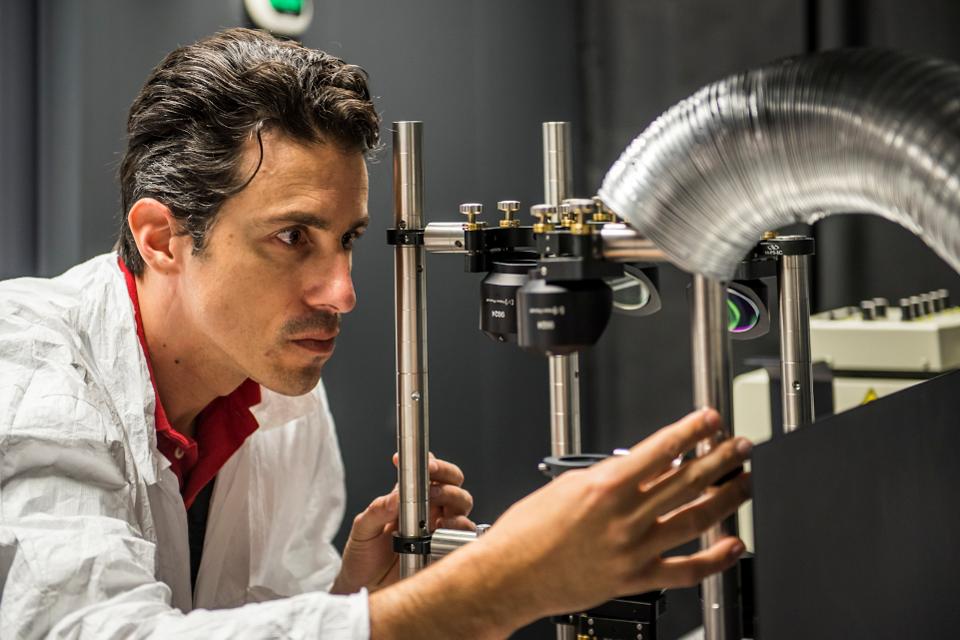The most detailed map of the observable universe to date.
Get the latest international news and world events from around the world.


The Fighter Plane Powerful Enough to Destroy a Satellite in Space
Aviation buffs: See firsthand footage of an F-15 shooting down a Russian space satellite.
Stream Air Warriors: http://bitly.com/2Kokhxq
Best Microscopic Footage Of 2019
This is the best microscopic footage from Nikon’s 2019 ‘Small World in Motion’ competition.

You can preorder this flyer right now
Kitty Hawk says you can learn to fly this in 20 minutes.
A near indestructible gel made of mostly air
99.8% air and as strong as steel! 💪.